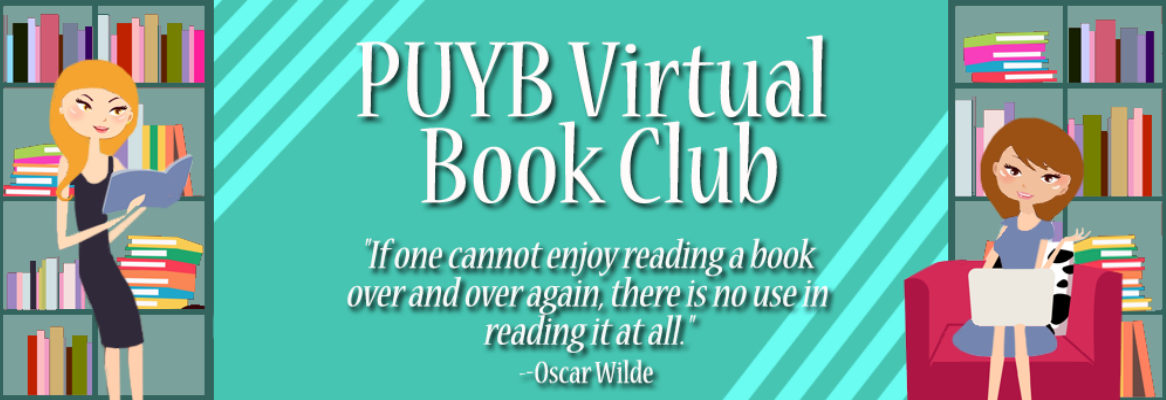Rudy Mazzocchi is best known as a medical device and biotechnology entrepreneur, inventor, and angel investor, with a history of starting new technology ventures throughout the U.S. and Europe. He’s been privileged to have the opportunity to see the newest innovations in healthcare and work with some of the most brilliant researchers, scientists and physicians in the industry.
Authoring more than 50 patents, he has helped pioneer new companies involved in cardiology, oncology, orthopedics, neurosurgery and even embryonic stem-cell development. Through these efforts, he has become the recipient of many technology and business awards, including the Ernst & Young Entrepreneur of the Year Award in Healthcare (2004), Businessman of the Year Award (2005), and Global Entrepreneur of the Year Award (2013).
Combining these experiences and opportunities, with thousands of hours of travel and long evenings in hotel rooms, he found the initiative to start writing a collection of award-winning business/medical thrillers based on true events, known as The EQUITY Series. STORYTELLING was his debut non-fiction business book released in November 2013.
Visit his website at www.RudyMazzochi.com.
Thanks for joining us at the book club today, Rudy! STORYTELLING – The Indispensable Art of Entrepreneurism is quite different from the suspense thrillers I’ve known you to write. How come you came up with a book on entrepreneurism?
Well, the two suspense thrillers are based on true events and real medical sciences that I’ve encountered during my career as an entrepreneur and start-up CEO. Exploring hundreds of new technology developments have provided me with the source of materials for these novels. After receiving three entrepreneur/business awards, I was nominated a second time for the prestigious Ernst & Young Entrepreneur of the Year Award in Healthcare. During the interview process, I sat before the judges who repeatedly attempted to discover the secret of my success. Since I’ve had no formal business/finance education or training, I was hard-pressed to provide an answer. It was really only then did I realize that it was ALL about how one tells the story. Apparently, none of the current business/entrepreneurism programs at the university level have ever focused on this key element. It was those judges who encouraged me to write this book based on my experiences of establishing a dozen technology companies over the past twenty-five years.
Who would benefit the most from this book?
This book will benefit not only the wannabe and experienced serial entrepreneur, but those individuals who are required to engage and motivate an audience – any audience: divisional managers, salespeople, product designers, etc. It’s an essential art that can make the difference between success and failure. (I provide real life examples of both in this book.)
How hard was it to switch over from fiction to nonfiction?
Since my novels walk a fine line between fiction and non-fiction already, this was an easy transition. The biggest difference is that I needed to do a much deeper degree of “fact checking”. I actually sent chapters out to other business associates who were involved in many of these stories in order to get their validation of the facts!
What was your very first startup business and can you tell us what you learned from the experience?
I tell this tale in STORYTELLING… it was when I was a first-time CEO and founder of a medical device company at the age of twenty-eight. I didn’t realize it back then, but the only skill I really had (assuming ambition didn’t count), was my ability to tell the story. I easily became enthralled with the technology and their medical applications to the point of wanting to see as many surgical procedures as I could to further educate myself. The raw human element associated with each event provided me with the necessary “hook” of the story.
What kind of advice can you give to new startup business owners?
First… buy my book… lol. Secondly, do your homework and craft the appropriate story that contains all the necessary components of ANY good story. Think about those stories we all loved to hear during our childhood. They had a great beginning, middle and ending. Pull it together, rehearse it, and then continue to perfect it.
Is there anything else you’d like to tell your readers?
This author greatly appreciates all the tremendous support from readers of both my fiction and non-fiction books. My literary agent is diligently speaking with many movie producers and screenwriters in an attempt to bring The EQUITY Series to the big screen. It’s been a wonderful and rewarding process!



No comments:
Post a Comment